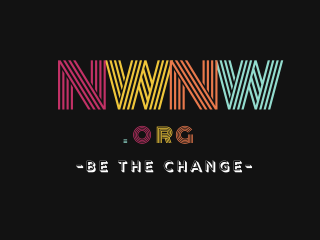Momentum builds for Portland gas tax to fund street repair and traffic safety
For almost thirty years, Portland’s streets have been deteriorating due to inadequate transportation funding. Every year, the problem gets worse because the longer you wait to repair a street, the more expensive it is to fix. Meanwhile, there are parts of the city where, because of dangerous intersections or gaps in sidewalks along busy streets, it is unsafe for children to walk to school and for seniors to walk to bus stops.
Over the past month, however, momentum has been building for a new funding source for street repair and traffic safety: A local gas tax.
The City Club of Portland, in its recently released report, Portland’s Streets: Ending the funding gridlock, endorsed a local gas tax as a much needed, new funding source dedicated to transportation investments. The Portland Business Alliance indicated support for a local gas tax in a September 8, 2015 letter to Commissioner Novick. Mayor Hales has also stated support for a gas tax, as has his primary opponent, Treasurer Wheeler. The Portland Tribune and Oregonian editorial boards have both expressed support for a gas tax. Additionally, the Northeast Coalition of Neighborhoods recently surveyed its members and found that a gas tax was the most popular way to fund transportation.
Now, a new scientific survey of 400 Portland voters shows that voters support a ten cents per gallon, four year gas tax for street repair and traffic safety by a margin of 55% to 37%. The survey was conducted by Lake Research Partners September 24-28, 2015.
“For decades, City Hall has known we have a transportation funding problem, but has kept sweeping it under the rug,” said Transportation Commissioner Steve Novick. “The voters recognize that if we keep kicking the can down the road, there won’t be any road left. We need to act as soon as possible – and that means we should send a four-year ten cent gas tax for street repair and traffic safety to the ballot in May 2016.”
“I don’t think anyone can argue that our roads are in dire need of maintenance. Revenue from the proposed gas tax will help make significant improvements to our transportation infrastructure, which is long overdue,” said local businessman, Greg Goodman. “In my opinion, the user-based gas tax is an appropriate way to raise revenue and encourages people to use mass transit and alternative means of transportation, which in turn support our land use planning efforts.”
David Hampsten, longtime East Portland transportation activist, stated, “For too long, transportation has been underfunded in Portland. This is especially true in East Portland. I very much support Steve’s efforts to find more funding for safety projects where they are most needed. Like in East Portland.”
“Our fine city has great needs for transportation improvements and maintenance. Not only do we need well-maintained roads, but also we will need to continue to invest in low-cost improvements that add capacity for transit, walking and biking,” said Rob Sadowsky, Executive Director of the Bicycle Transportation Alliance.
He added, “The Bicycle Transportation Alliance is excited to partner with Commissioner Novick, city leaders, and business and community partners to find new revenue to support transportation. Examining the potential to add resources through a city gas tax deserves consideration.”
A ten cent gas tax would raise $58 million over four years. Commissioner Novick asked the Portland Bureau of Transportation to prepare a sample list of paving and traffic safety projects showing what a $58 million investment would look like. The example project list is offered to prompt discussion in the community. It includes major street repair projects, funding for safe routes to school throughout the city, and traffic safety improvements in high crash corridors.
